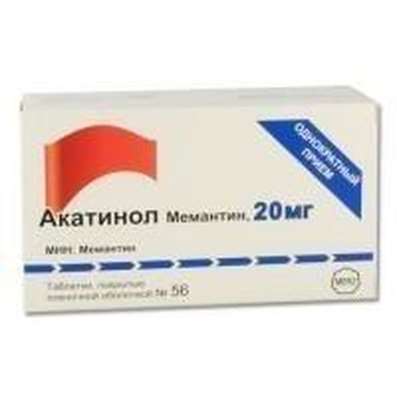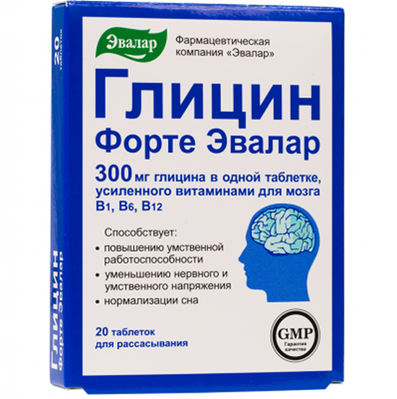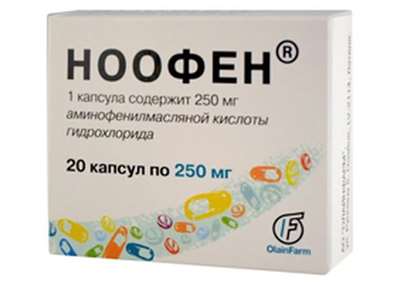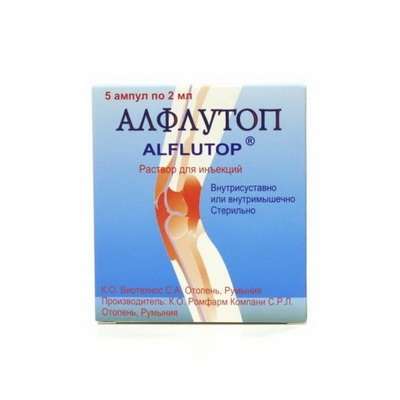Nootropics - drugs, use and effectiveness
21 Jul 2017
About the advantages and dangers of using "smart drugs", improving memory and motivation.

Nootropics are drugs that improve cognitive abilities. They increase attention, improve learning ability, memory, planning, decision-making and problem solving capabilities. This is a key feature that distinguishes nootropics from other types of medications. Other drugs do not have such influence, otherwise they will be considered nootropics.
Where do nootropics apply
Nootropics are used to improve the cognitive skills, functionality and well-being of patients in many areas. Psychiatric disorders, such as attention deficit hyperactivity disorder (ADHD), schizophrenia and depression, are cognitive impairments. Cognitive problems in psychiatric disorders include impaired attention, memory, and lack of cognitive control of the prefrontal cortex. There are also cognitive neurodegenerative disorders, such as Alzheimer's, Parkinson's and Huntington's. People suffering from traumatic brain lesions also have cognitive problems. It is to such patients that nootropics help.

Some of the drugs are also used to improve the quality of life of healthy people, which leads us to neuro-ethical issues and the question of how society sees itself and what our path is to maintaining good cognitive abilities and mental well-being. How do we want to develop this sphere and what goals do we want to achieve?
About the research of Alzheimer's disease
The clinics were supposed to help identify Alzheimer's disease in the early stages. For this, we have developed one of the first, very good tools - CANTAB tests, which are conducted on touch screens. We knew that good drugs can help with cognitive impairment such as approaching memory problems, but we needed to find people who had these problems in the early stages.
Our task was to find good tools to withstand neuropathological changes. In Alzheimer's disease, amyloid plaques and neurofibrillary tangles (protein accumulations) appear in various parts of the brain, mainly in the hippocampal formation (this is the area behind the ears). Plaques and coils are neuropathological changes that disrupt memory functions.
At present, neuropharmaceutical companies are developing drugs, which we call neuroprotective agents. They can restrain the underlying processes of the disease. But before they appeared, cholinesterase inhibitors were used. These drugs act by increasing the level of acetylcholine in the brain, and ultimately improve the concentration and attention of people with Alzheimer's disease. Many years ago, we published studies in the journal The Lancet to test the concept of the work of these cholinesterase inhibitors for patients with Alzheimer's disease and were able to show significant improvements in concentration and attention, but unfortunately could not show significant enough improvement in episodic memory.
Nootropics: drugs and effects on the body
One of the commonly used drugs that increase cognitive ability is methylphenidate, also known as ritalin, and modafinil.
Methylphenidate increases the synaptic concentration of dopamine and norepinephrine by blocking their re-uptake.
Modafinil has many activities, among which indirect mediation of the activity of cholinergic receptors and / or adrenoreceptors of alpha-1. Modafinil affects hypothalamic orexin and histamine and has little effect on the transport activity of dopamine. Recent evidence suggests that modafinil affects the mechanisms of norepinephrine, dopamine and glutamatergic.
Dopamine, norepinephrine and glutamate are important for learning; Dopamine is also important for motivation.
Modafinil was approved by the Food and Drug Administration in the United States and Great Britain for the treatment of narcolepsy - attacks of insuperable daytime sleepiness. In the US, this drug has another indication for use - sleep disorders caused by shift work, as it was found that it reduces the number of accidents in people working in shifts.
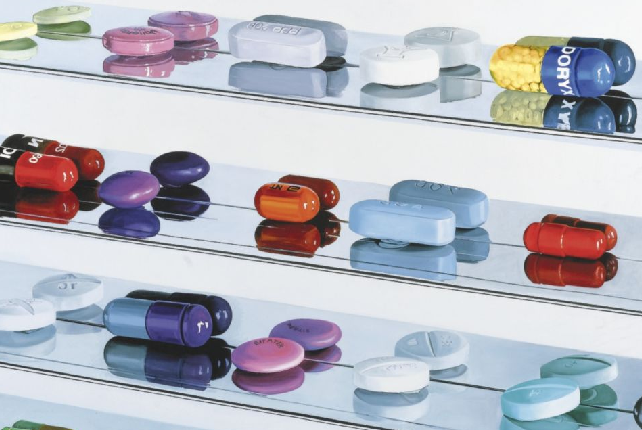
We also considered modafinil as an addition to antipsychotic drugs for people with the first attacks of psychosis or schizophrenia. Patients suffering from schizophrenia have psychotic symptoms - hallucinations and delusions. With these psychotic symptoms, well-known antipsychotic drugs (agents that block D2 receptors) are doing well. But cognitive impairments of patients with schizophrenia, as well as problems with motivation, known as negative symptoms, are not treated well.
The US Food and Drug Administration has realized that an important part of treating people with schizophrenia is to improve their cognitive abilities. They found that they have problems with rehabilitation. For example, if you are a student and you have been diagnosed with schizophrenia, it may be difficult to return to university and focus on your studies. Or if you work and you were diagnosed with this, then it may be difficult for you to return to work. All these are cognitive problems.
So, the government realized that the biggest obstacle to rehabilitation is cognitive problems and that they need to be treated. But at the moment we do not have approved drugs. In our projects in Cambridge, in my laboratory, we used cognitive training, gaming this method, and were able to improve the cognitive functions of people with schizophrenia - including improving their episodic memory - with the help of games. But we also tried to improve their cognitive abilities by prescribing modafinil to them. We found that it causes positive changes, improvements in working memory - a very important type of memory associated with executive functions, such as, for example, planning or solving tasks that are facing you at the university or at work. Modafinil has an effect on norepinephrine, dopamine, and also affects the balance of GABA and glutamic acid, and may even directly affect glutamic acid. Thus, according to our hypothesis, this drug provides an improvement in cognitive functions.
During our studies of patients with schizophrenia, as well as other groups of patients, such as depression, we found that modafinil can be an effective drug for improving cognitive function. It also affects the motivation associated with the performance of tasks that seem unpleasant or not very interesting, that is, to some extent increases efficiency.
Efficiency of nootropics
There are many controversial statements about the effectiveness of nootropics, which are not supported by evidence base. Nevertheless, it is important that there is published evidence demonstrating that a drug claiming the effect of increasing cognitive abilities actually increases them. This was demonstrated using experiments using a double-blind method and a placebo controlled. There is also one of our studies on modafinil ("Muller et al: Effects of modafinil on non-verbal cognition, task enjoyment and creative thinking in healthy volunteers"), which improves cognitive ability in a group of healthy volunteers. You can see for yourself by reading about this in scientific articles.
Neuroethics: Is it worthwhile to improve the cognitive abilities of healthy people?
In our society, the effectiveness of "smart drugs" was realized. They began to be used by people who have no health problems. They make this decision for three main reasons. First, healthy people want to get an advantage over competitors in the university, at work or at school, to enter the best university. The second reason - the desire to stay longer and more alert and focused. For example, I asked my fellow teachers, and many of them used these drugs to cope with the time zone change syndrome. And in large cities, people use nootropics, because they need to work longer and they want to stay alert and focused. The third reason is for carrying out tasks that people constantly postpone and that do not inspire enough motivation to take on them: the drug helps people to take on the task and fulfill it. In the conditions of clinical treatment, I think if we can combine some of these nootropic drugs with cognitive training in the format of games, we will most likely get the greatest possible improvement in the cognitive abilities of people with neuropsychiatric disorders and brain traumas.
Part of my concern about the fact that healthy people use nootropic drugs is primarily related to security issues. We do not have long-term studies showing that these drugs are safe for healthy people. So we really need to conduct research before healthy people can take nootropics. The second question that worries me is that these drugs are difficult to obtain and because of this people buy them through the Internet, and this is an extremely dangerous way to get drugs that are available only on prescription. You do not know what you are buying, it can be anything. If you take another medicine, you can get drug interactions, which can be very dangerous. So we need to take this into account. And the third question, which causes my concern, is more social, connected with the issues of neuro-ethics.
The book "Bad Moves" (Sahakian & Labuzetta, Oxford University Press, 2013) addresses many ethical issues. An important question is the cost of nootropics and their accessibility. It is possible that only rich people can afford to buy them, and as a consequence, the social chasm will increase. This question has already been raised in the article "Towards responsible use of cognitive-enhancing drugs by the healthy", written by my colleagues and myself.
Another problem is coercion. Many students have told me that they do not want to take "smart drugs", but feel pressure from outside, because they know that other students at the university accept them, and are concerned that they will not be able to withstand competition in these conditions.
We as a society need to understand why healthy people feel the need to take such medications. In addition, we now know that the brain continues to develop in adolescents and young adults, and therefore there is the question of what will be the effect of using such drugs in a healthy and developing organism.
It is necessary to think: what kind of society do we create? Will we take nootropic drugs in the future to create a better balance between work and personal life, do the work in a shorter period of time and, perhaps, open up other potentials: spend more time with the family, get education throughout life, allocate more time For leisure, to enjoy life? Or will we just turn into a 24/7 living society and work all the time just because we can work all the time?
Society is already subject to tremendous stress, some of which is caused by globalization and more and more pressure on people at work. This is one of the reasons people take these drugs - to cope with the requirements at work. As a society, we need to think about how we want to improve our cognitive abilities. Physical exercise is a terrific way to improve brain function, and besides, they improve mood and are useful for physical health. So I recommend exercise as one of the ways to improve cognitive abilities for healthy people. Although we really need to develop new types of nootropic drugs, more effective and safer, for people with neuropsychiatric disorders and brain traumas.
The Future of Nootropics
The use of nootropics and drugs that increase cognitive ability is increasing. I think this trend will continue. That is why it is so important to conduct long-term studies of the safety and efficacy of such medicines for healthy people. The government should team with the pharmacological industry to conduct research to determine whether modafinil actually increases cognitive ability in healthy people in the long run and how safe it is to take it for an extended period of time.
As already mentioned, many people use these drugs to gain competitive advantages, others - to overcome the deprivation of sleep or dzhetlag. And modafinil improves motivation for performing tasks, therefore, work that seems boring or complex, turns into more pleasant, if you take it. At the same time, he did not have the potential to form a dependence, he does not produce euphoria.

 Cart
Cart

